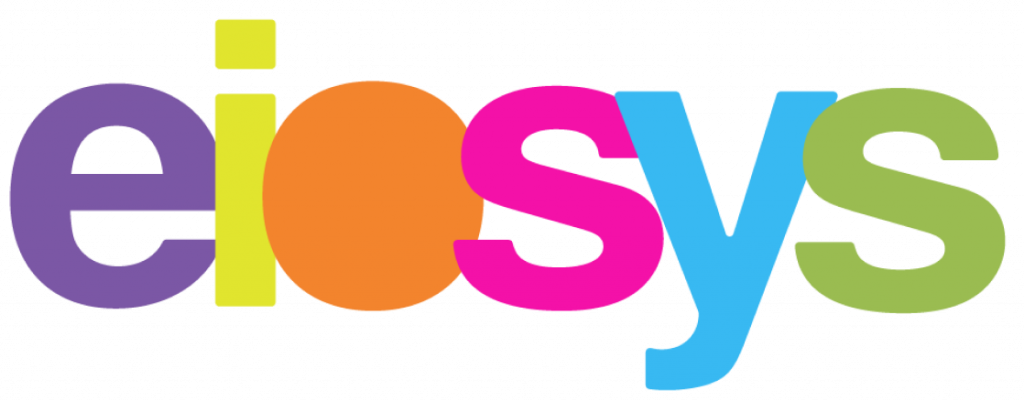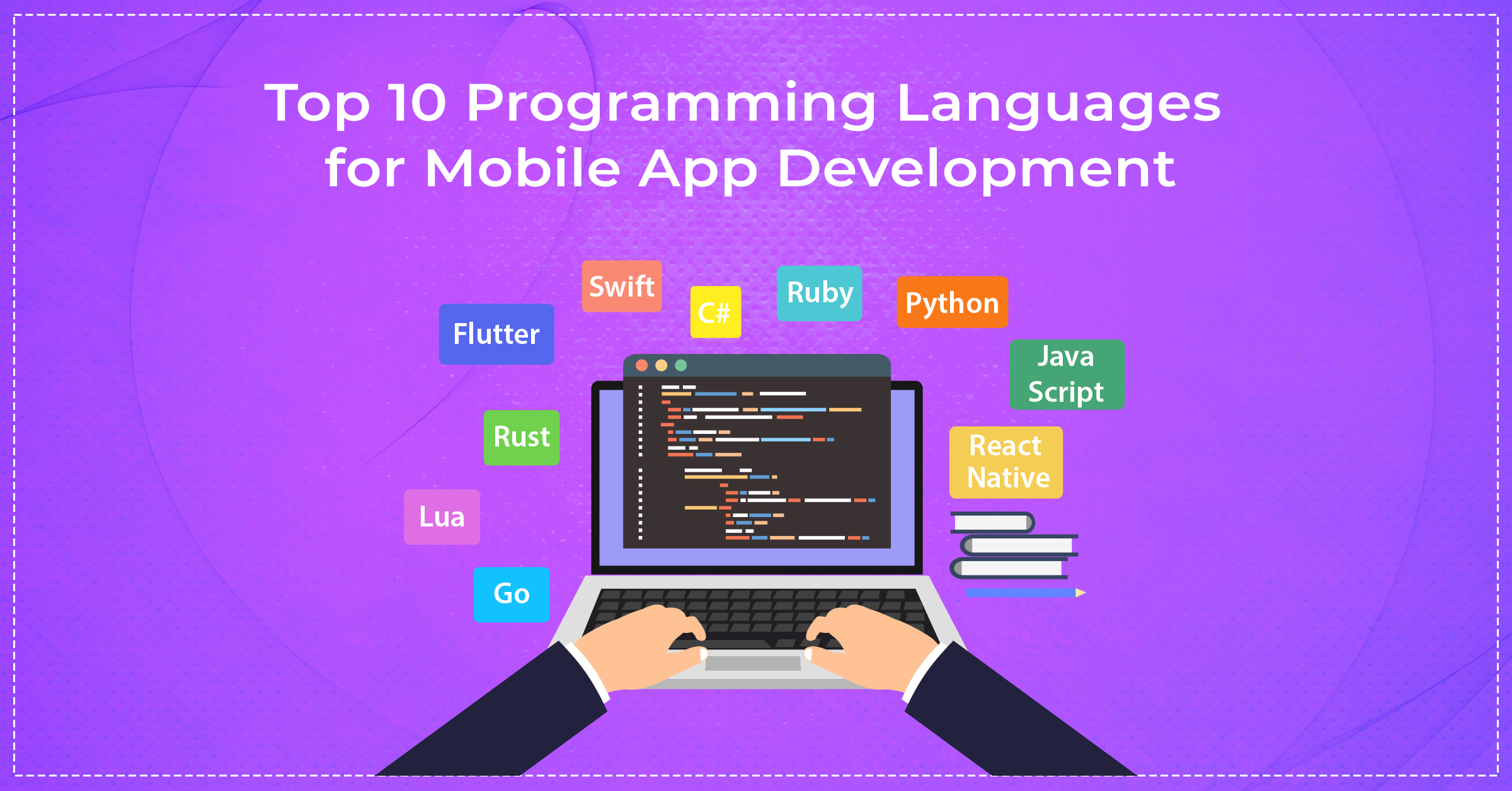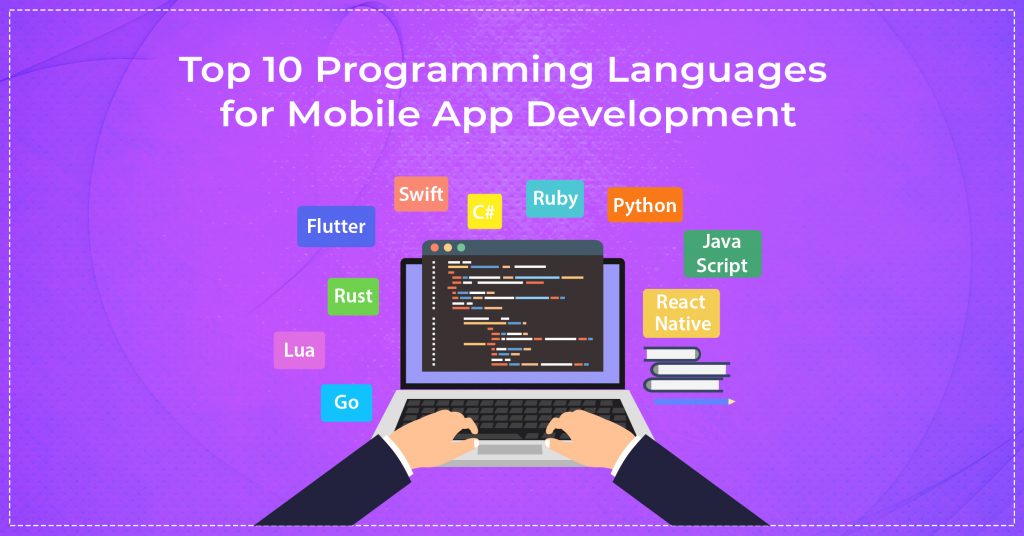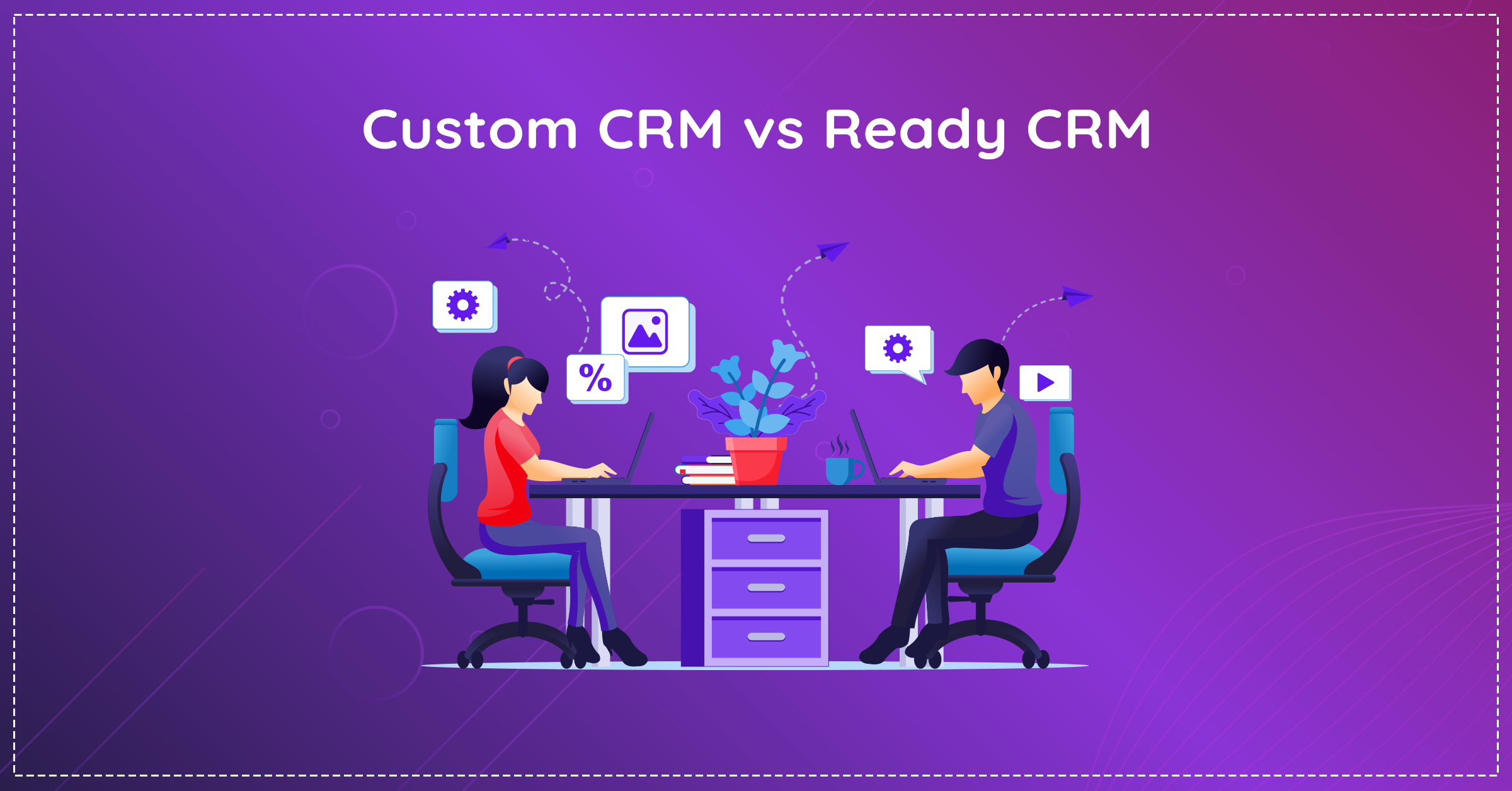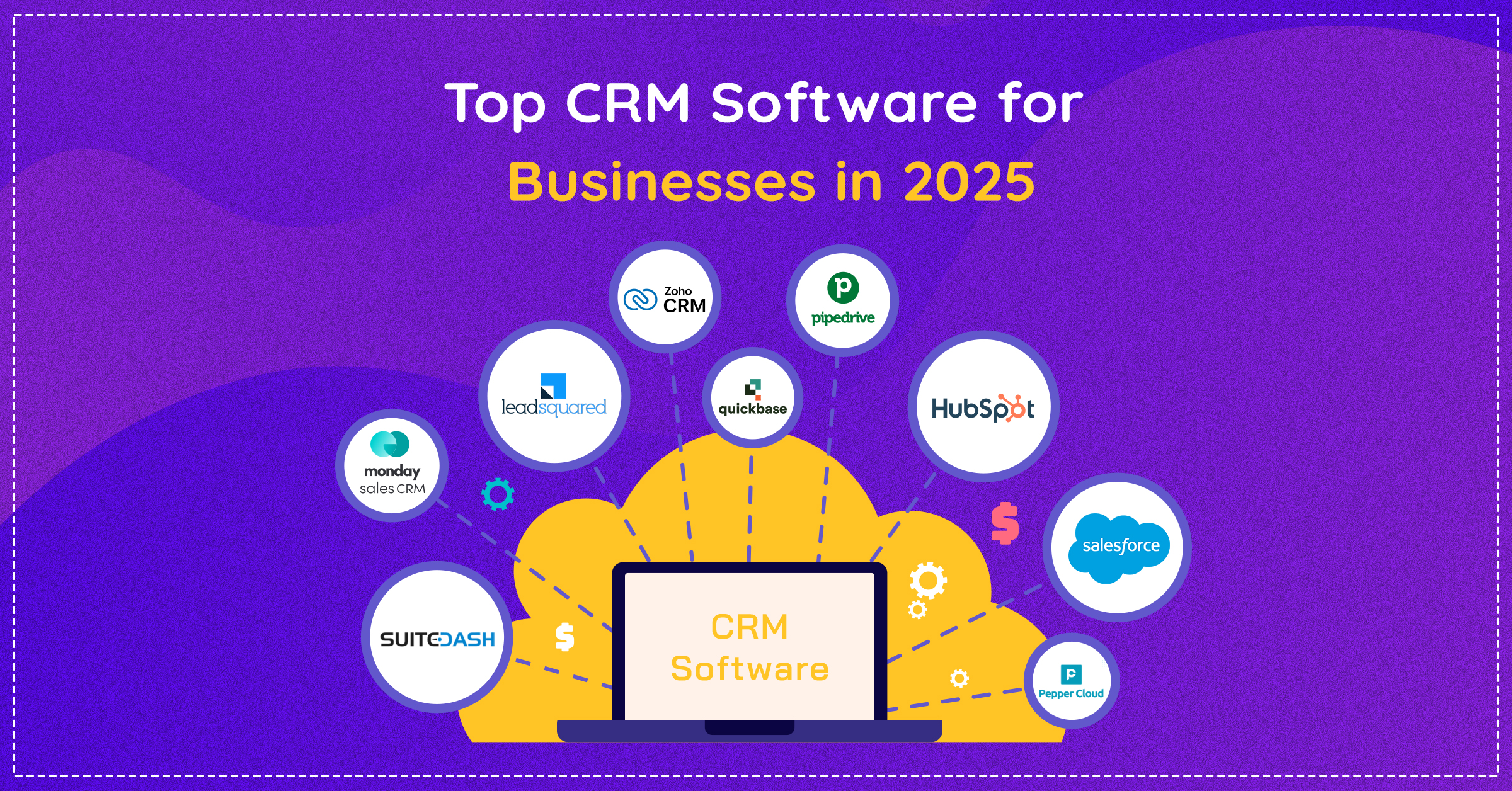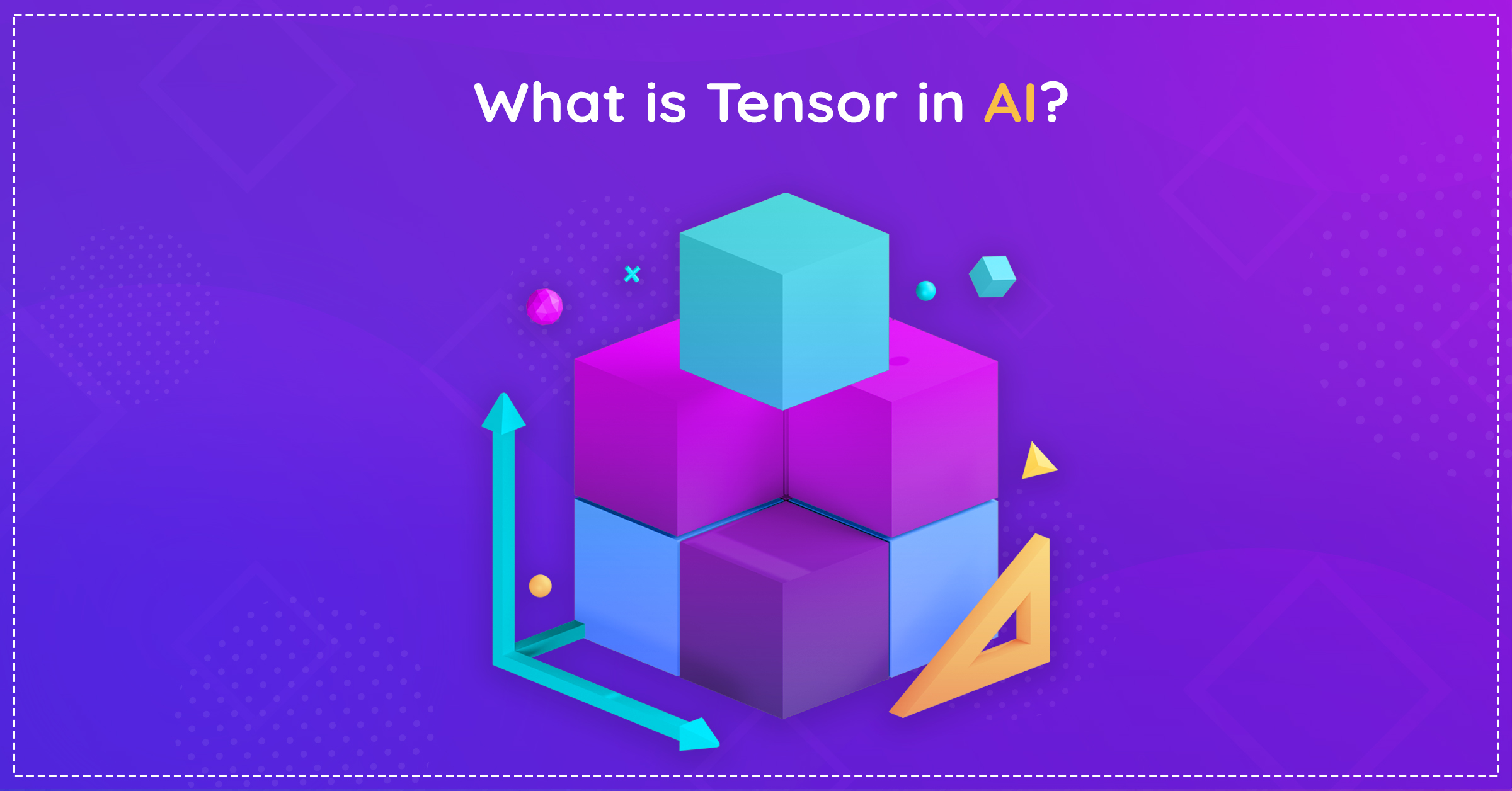In this blog, we list down the top 10 most widely used mobile app development technologies. This blog has been written by our app development team and moderated by Mr. Mubasshir Pawle who is the COO of Eiosys
In 2024, the landscape of mobile application development is constantly changing. Choosing the right app development language is crucial to achieving business objectives and addressing application needs.
Developers have a wide range of technologies at their disposal, often overlapping with those used in web development. Selecting a writing technology can assist developers and clients in addressing project challenges and achieving the best results.
To help you make the right choice, we now present a list of 10 best programming languages for app development.
1.Flutter: Simplifying Cross-Platform Development
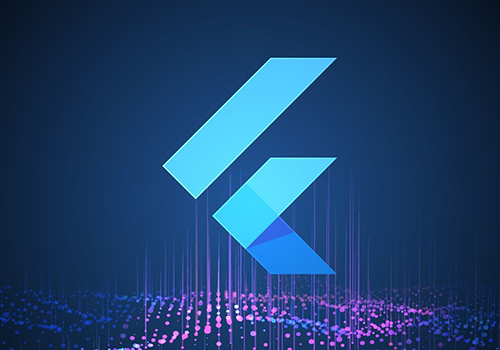
Flutter is an open-source UI toolkit, owned and funded by Google. It helps front-end/build and full-stack developers design and develop application interfaces for multiple platforms with a single codebase. It is one of the most widely used Hybrid app development technologies.
Starting as a development language framework in 2018, Flutter has extended its compatibility to iOS, Android, web, Windows, MacOS, and Linux. This makes it efficient in building UI across these platforms because of its Dart programming language and fast rendering by Google’s Skia graphics engine.
Hot reload and widget inspector are some of the features that make development easier and more efficient in Flutter, making the framework capable of supporting complex applications for multiple platforms.
We migrated to Flutter at its onset and all applications delivered by Eiosys since 2019 are on Flutter. So far, we haven’t faced any challenges with any deliverable and each new update of Flutter is making it better than ever. If you are looking for flutter app development services, you can contact our sales team.
2.React Native: Bridging Platforms with Efficiency
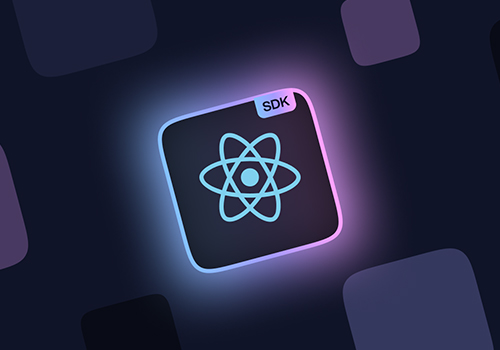
React Native or RN, is an open-source JavaScript framework known for building natively interactive applications. These applications are known to work across both iOS and Android with a single code base.
Developed by Facebook in 2015, this app development technology is used at the core of famous applications from Meta’s ecosystem such as Instagram and Facebook Messenger.
This technology allows for using React components to communicate with native APIs. This approach makes it easy for front-end developers who have an understanding of web technologies to build sensible mobile applications.
The effectiveness and productivity in the cross-mobile app creation is perhaps RN’s most important quality. It unlocks the reusability of the code across categories and expedites the process with the help of the widely used React library.
Are you curious to know which is better: Flutter or React Native? Check out this detailed blog written by the award-winning app development team of Droids on Roids.
3.Swift: Advancing Modern App Development
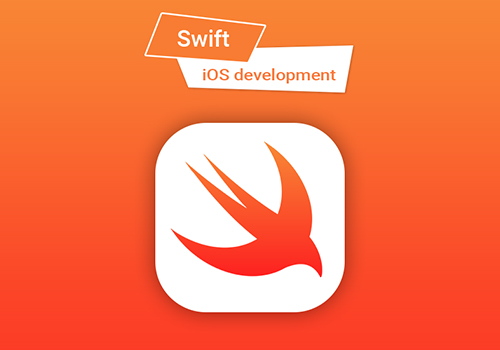
Swift is one of the open-source iOS development languages that belongs to Apple Inc.
It is an object-oriented language with great usability intended for iOS, macOS, watchOS, and tvOS applications. Swift provides improved safety and speed along with expressive syntax.
It also involves advanced software design patterns and elements which include closures, tuples, error handling, and others. Furthermore, it fosters both functional and imperative programming styles, improving comprehension and efficiency.
Automatic reference counting (ARC) provides automatic memory management, helps avoid memory leaks, and enhances program efficiency. Being an open-source language, Swift supports ports between different platforms and also integrates well with Objective-C language making it relevant in the modern age of app development.
4.Ruby: Versatile and Resilient

Ruby was introduced by Yukihiro Matsumoto back in the mid-1990s and is an open-source, dynamic, verified, and object-oriented scripting language.
It is widely considered one of the best mobile application development technologies. Ruby is most commonly used for web development, system administration, and other operating systems.
Ruby is frequently employed as a backend language for websites and applications – developers value its dynamic and user-friendly environment. Available in translated format, Ruby is used in various applications such as graphical user interface applications, desktop applications, Web site applications, big data applications, automation tools, and server applications.
When used in conjunction with Ruby on Rails, it boosts efficiency and complies with such principles as DRY, as evidenced by GitHub, Twitch, Bloomberg, SoundCloud, Hulu, Twitter, and other widely used services.
You can read all about Ruby by visiting here.
5.Rust: Powerhouse for Performance
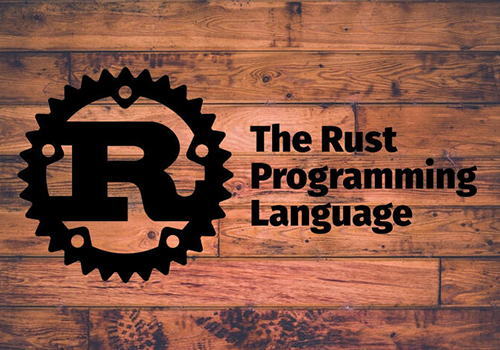
Rust has become the best programming language for mobile apps on Stack Overflow for four years in a row.
Intended to fix issues present in other languages, Rust focuses on memory management and speed while not sacrificing usability. Unlike dynamic typing languages, Rust employs a strong static type system that maintains data consistency and minimizes runtime errors.
Rust includes an additional type handling option that avoids the problematic use of null, leading to more robust code from the start. These attributes make Rust suitable for a multitude of uses, ranging from system programming to creating high-performance libraries as well as applications.
6.Lua: Gaming and Beyond

Lua is a scripting language that was created in Brazil in 1993, and it is dynamically typed, which has earned a lot of appreciation due to its flexibility and simple nature. It is one of the key mobile app development technologies in the world.
The name of the language, which is ‘Lua,’ meaning ‘moon’ in Portuguese, was inspired by SOL (Simple Object Language); the language is lightweight but very flexible to work with. Originally created to be embedded into a wide range of hosts, Lua is most suitable for embeddable extensions, especially C code, and includes deep integration features for applications and systems.
Lua supports applications from games like Angry Birds platforms such as Roblox to improving tools like Adobe Lightroom plugins. Due to its syntax and capability to run on different platforms, Lua is preferred by developers who wish to incorporate other features into large and complicated systems and applications.
7.Go (Golang): Efficiency and Simplicity

Another open-source mobile app development language is Go or Golang developed by Google. It is widely used in developing web applications, cloud solutions, networking tools, and much more.
Based on C, Go is statically typed and has a short startup time, low runtime overhead, and runs natively without requiring a VM. It excels in concurrent programming using goroutines, which are lightweight processes for concurrent computation.
Go was designed for issues like slow building, or in matters of dependencies. It is very efficient and can be integrated into almost any platform, it has a huge amount of predefined libraries and immense testing and concurrency tools, which makes it fine for building large-scale software for mobile phones.
8.JavaScript: The Cornerstone of Android Development

JavaScript is an interpreted Android programming language that deals with the functionality of the application with real-time feeds and dynamic graphics in the application apart from animated multimedia widgets.
HTML, CSS, and JavaScript are the three novelties in technology that perform the task of building interfaces and interactions. JavaScript makes the Android applications more GUI operational and significant with the dynamic content that includes the operation and the features from simple to complex ones.
Due to its versatility and compatibility with other technologies, it is a go to choice for developing apps for Android.
9.Python: From Web to Mobile

Python is another interpreted android language programming tool developed as an object-oriented scripting language by Guido van Rossum in 1991.
Offering easy learning and reporting, Python has gained immense popularity, surpassing Java in numerous applications because of its simplicity and vast libraries.
Python excels in server-side web development, software scripting, and data science, favored for rapid application development and system integration (“Glue Language”). Python, being an open-source language, enjoys a large community that is continuously engaged in contributing to its rich library structure.
10.C#: Empowering Cross-Platform Solutions

C# or C-Sharp is a third-generation, object-oriented programming language created by Microsoft that executes on Microsoft’s. NET Framework. It has the same syntax as C, C++, and Java; however, it has its own set of strengths and weaknesses. C# was initially developed in 2002, and the most current version, referred to as C# 12, was released in November 2023.
C# is for mobile and desktop applications, web services, games, VR, and more. It is the best technology for Android app development because it is easy to master, well-supported by the community, and has an object-oriented approach to reusing codes, as well as being friendly with C, C++, and Java in terms of migration of its coders.
11.Conclusion
As evident from the blog, one can see a plethora of programming languages that have specific benefits. Regardless of whether you are going into native app development or cross-platform development or backend improvement, these mobile application development technologies enable developers to build amazing mobile applications.
In this regard, app development enthusiasts must remain abreast of such developments that are defining the future of the mobile application industry.
Discover how Eiosys can navigate you through these innovations and how it can assist you in building mobile applications using the best mobile app development technologies.
Eiosys is recognized as one of the top mobile app development companies by India’s top directory for IT and software companies- Design Rush.
Frequently Asked Questions
Native apps are created using programming languages tailored to the operating system; for instance, Swift for iOS or Java/Kotlin for Android. They rely on features of particular operating systems and offer a high level of adaptability, but they need to be coded separately for each OS.
Hybrid applications are developed by using a single code base supported by web technologies such as HTML, CSS, and Javascript, which can be spontaneously implemented on two different operating systems, both iOS and Android. The main advantage is that they are easier and quicker to build than native apps but may not yield the same performance and use of native features in the app.
For Android app development, the best languages include C/C++, React Native), Flutter, and Python.
References
https://aws.amazon.com/what-is/flutter
https://www.netguru.com/glossary/react-native
https://www.geeksforgeeks.org/swift-programming-language/
https://www.pluralsight.com/resources/blog/cloud/what-is-the-ruby-programming-language
https://stackoverflow.blog/2020/01/20/what-is-rust-and-why-is-it-so-popular/
https://www.codecademy.com/resources/blog/what-is-lua-programming-language-used-for/
https://www.techtarget.com/searchitoperations/definition/Go-programming-language
https://www.geeksforgeeks.org/node-js-introduction/
https://kochiva.com/blog/python-programming-language/
https://www.w3schools.com/cs/cs_intro.php
https://buildfire.com/programming-languages-for-mobile-app-development/

